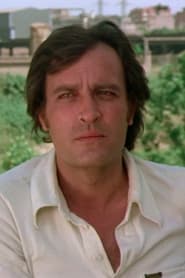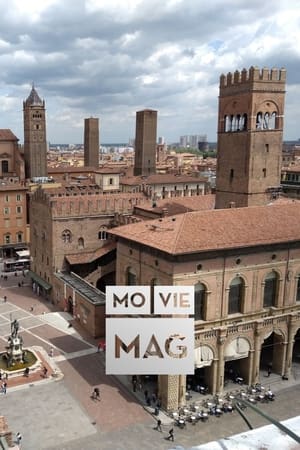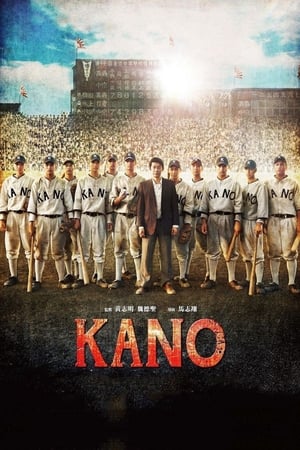

Fantasia, ma non troppo, per violino(1976)
Movie: Fantasia, ma non troppo, per violino
Similar Movies
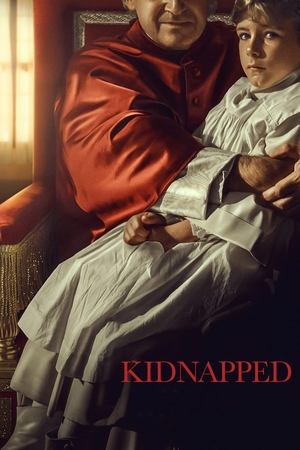 7.3
7.3Kidnapped(it)
The story of Edgardo Mortara, a young Jewish boy living in Bologna, Italy, who in 1858, after being secretly baptized, was forcibly taken from his family to be raised as a Christian. His parents’ struggle to free their son became part of a larger political battle that pitted the papacy against forces of democracy and Italian unification.
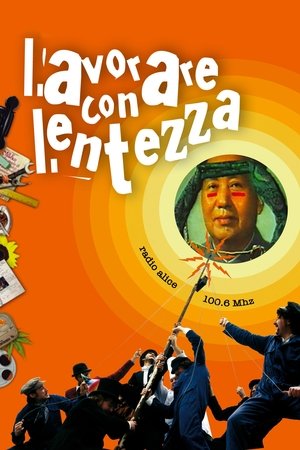 6.5
6.5Working Slowly (Radio Alice)(it)
Bologna, 1976. The paths of two aimless young friends intertwine with those of Radio Alice, a pirate radio politically aligned with the leftist student movement.
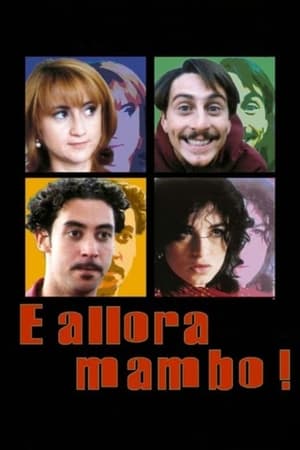 6.0
6.0E allora mambo!(it)
After receiving a large sum of money on his bank account by mistake, a small-town thirtysomething dissatisfied with his life sees the opportunity of turning back the clock to when things were good, reliving the carefree life of an university student in a big city. Here, he falls in love with a girl and gets her pregnant. There's just one problem: he already has a wife and a daughter back home!
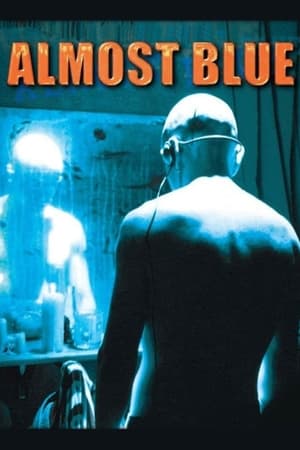 6.0
6.0Almost Blue(it)
A police inspector suspects a serial killer is afoot in the university city of Bologna, luring in his victims through online video chats before murdering them and assuming their identity.
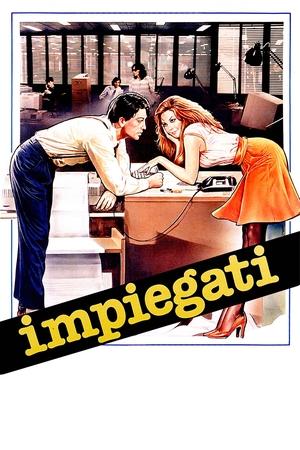 6.2
6.2Impiegati(it)
Friendship and competition among a group of bank clerks in 1980s Italy.
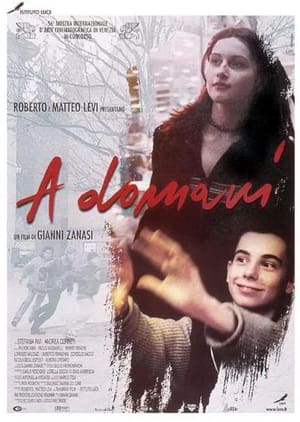 7.0
7.0See You(it)
15-year-old Andrea lives in a world of his own, where an innocent friendship with a pretty girl becomes a full-blown romance. He invites her to a motor show in nearby Bologna, but she fails to show up at the bus station. Instead, Andrea is joined by his older sister Stefania–who's planning a runaway with her boyfriend Angelo.
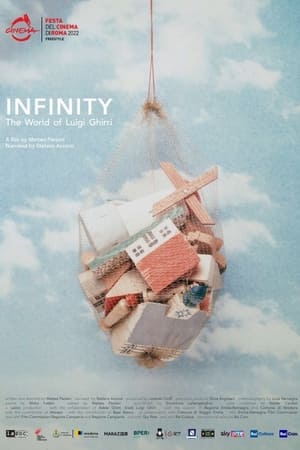 8.0
8.0Infinity: The Universe of Luigi Ghirri(it)
In this poetic portrayal of Luigi Ghirri (1943–1992), a master of contemporary photography, the director gives voice and, in particular the image, to the protagonist. The photographer takes the audience on a tour of the outskirts of daily life as seen from the corner of his eye, the area in between what is artificial and authentic or grand and small – the meso-scale.
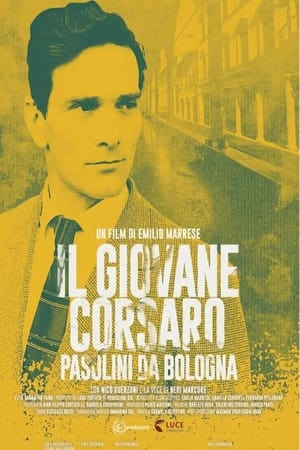 8.5
8.5Il giovane corsaro - Pasolini da Bologna(it)
A young student prepares his degree thesis on Pasolini and Bologna by investigating the relationship of the great intellectual with the city of his childhood and his studies. Following in the footsteps left by Pasolini in Bologna, the protagonist will tell, for the first time in the form of a documentary and with a rock narrative rhythm, the emotional, visceral but also controversial bond of Pasolini with Bologna until his final days, also characterized by severe criticisms of the “consumerist and communist” city, a symbolic terrain of the adverse social and economic metamorphosis from paleoindustrial to neo-capitalist society.
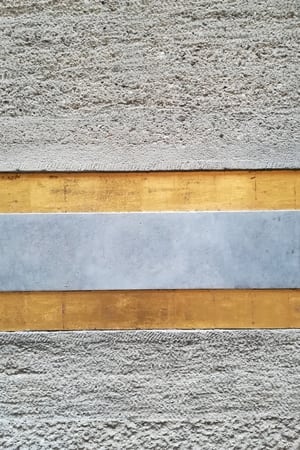 10.0
10.02021-1985(xx)
Confidential report on designer Dino Gavina's showroom created by Carlo Scarpa between 1961 and 1963. Restoration details and stills from a 1985 film by Ellis Donda.
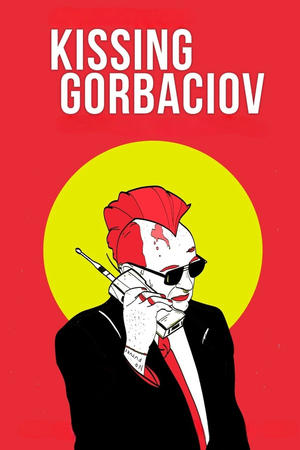 6.7
6.7Kissing Gorbaciov(it)
A small town in Salento, some Soviet rock bands, CCCP and an 8-day trip between Moscow and Leningrad. The incredible story of a tour between two worlds that would never be the same again.
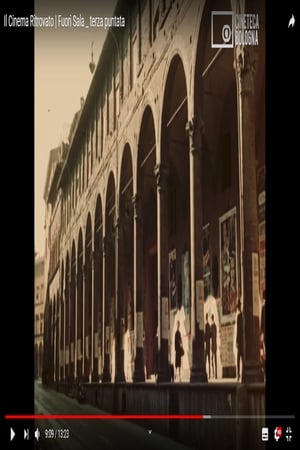 0.0
0.0Guida per camminare all'ombra(it)
The documentary illustrates the history of the birth and development of the porticoes module in Bologna, starting from the Middle Ages. After a brief historical investigation on the origin of the arcades and on the revolution that affected urban architecture following their introduction, we analyze the social impact that these had, and still have, on the lives of Bolognese citizens. The porch, among other things, is presented as an architectural solution capable of facilitating meeting and communication.
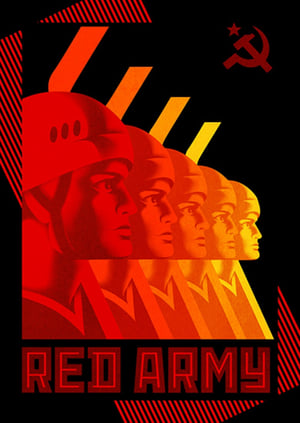 7.3
7.3Red Army(en)
A documentary highlighting the Soviet Union's legendary and enigmatic hockey training culture and world-dominating team through the eyes of the team's Captain Slava Fetisov, following his shift from hockey star and celebrated national hero to political enemy.
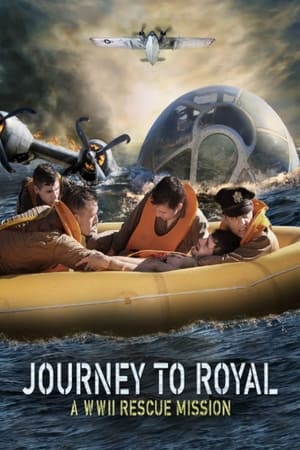 9.0
9.0Journey to Royal: A WWII Rescue Mission(en)
WWII hero with the 4th Emergency Rescue Squadron, Lt. Royal Stratton, leads a deadly mission to save the lives of nine downed airmen adrift in enemy waters of a war-torn South Pacific. Immersive cinematography and gripping action, mixed with firsthand accounts and historical images, showcase the valor of this squadron who faced overwhelming odds to bring their brothers home.
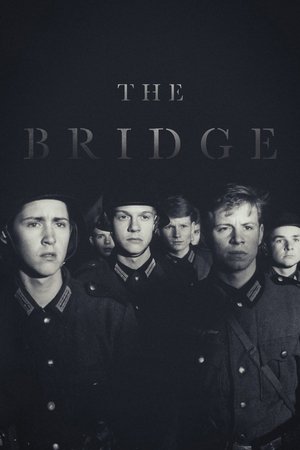 7.5
7.5The Bridge(de)
A group of German boys are ordered to protect a small bridge in their home village during the waning months of the second world war. Truckloads of defeated, cynical Wehrmacht soldiers flee the approaching American troops, but the boys, full of enthusiasm for the "blood and honor" Nazi ideology, stay to defend the useless bridge. The film is based on a West German anti-war novel of the same name, written by Gregor Dorfmeister.
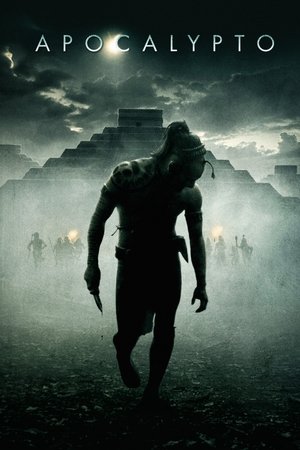 7.6
7.6Apocalypto(en)
Set in the Mayan civilization, when a man's idyllic presence is brutally disrupted by a violent invading force, he is taken on a perilous journey to a world ruled by fear and oppression where a harrowing end awaits him. Through a twist of fate and spurred by the power of his love for his woman and his family he will make a desperate break to return home and to ultimately save his way of life.
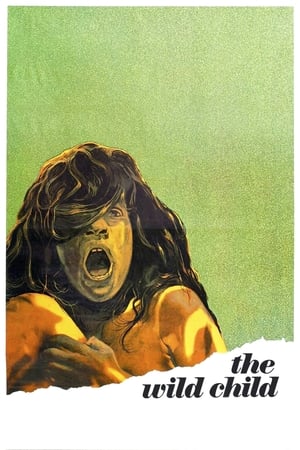 7.1
7.1The Wild Child(fr)
In 1798, a feral boy is discovered outside the town of Aveyron, France. Diagnosed as mentally impaired, he is relegated to an asylum. A young doctor named Jean Itard becomes convinced that the boy has normal mental capacity, but that his development was hindered by lack of contact with society. He brings the boy home and begins an arduous attempt at education over several years.
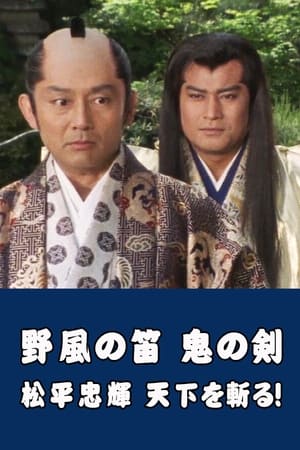 0.0
0.0Wind Whistle in Field, Demon Sword: Matsudaira Tadateru cutting the world(ja)
Tadateru Matsudaira, the sixth son of Ieyasu Tokugawa, was exiled for not taking part in the attack on Osaka Castle. 10 years before his exile expired, he was attacked in a clandestine Yagyu operation believed to have been ordered by his older brother Hidetada. In order to correct his brother's true intentions, Tadateru broke the law and went all the way from Hida Province, where he was exiled, to Edo Castle. However, the Yagyu do not stop trying to kill Tadateru...


